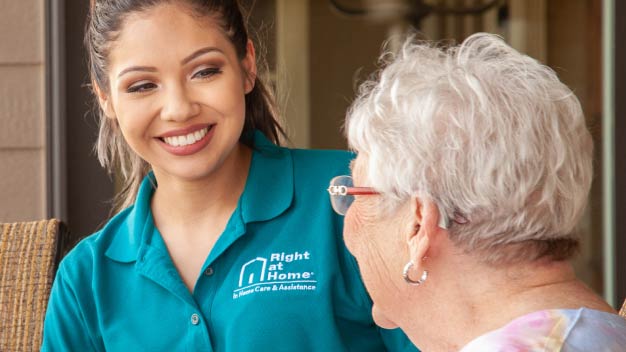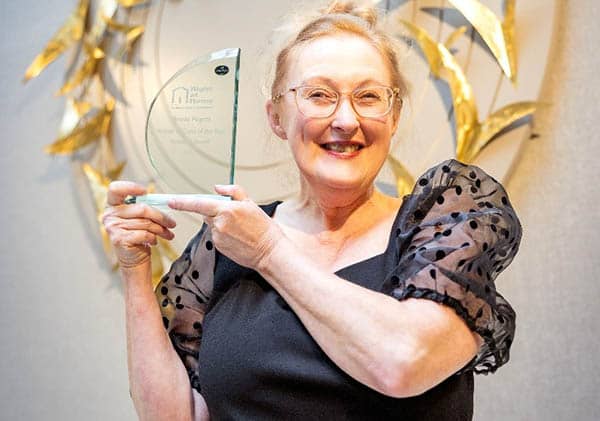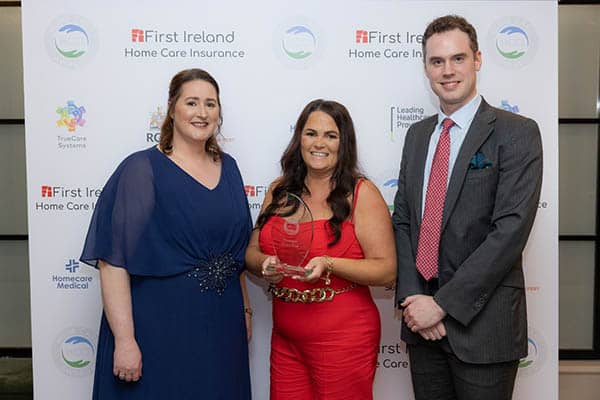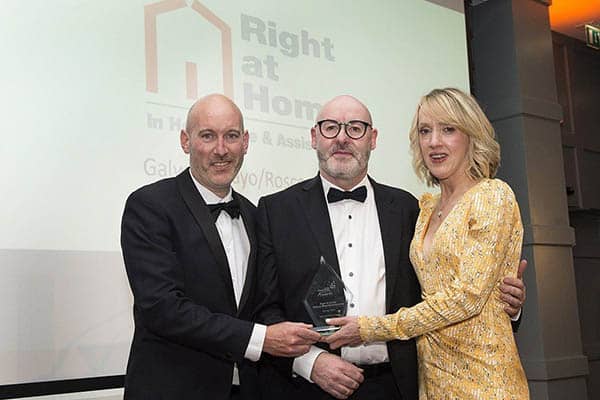
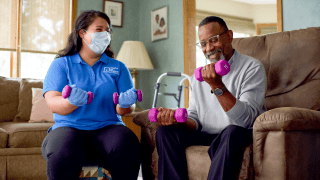
Fall Prevention
Fall Prevention for Seniors
Between one third and half of people aged over 65 suffer a fall in any given year. Most of these falls are minor, but about 25% will result in physical injury and require medical attention.
Because falls can have a serious impact upon the health, well-being and confidence of older people, GPs and other health professionals take fall prevention very seriously and a great deal of help and support is available.
This page looks at the most common causes of falls around the home - and how they can be prevented.
About the house:
- Remove clutter and address trip hazards such as frayed carpeting, wrinkled rugs and loose wires.
- Use high-wattage light bulbs so you can see all areas clearly
- Put non-slip mats and rugs down on slippery floors and mop up spillages immediately.
- Use only sturdy and stable steps to reach heights and ensure the floor surface is flat and even.
- Organise furnishings so you can move around easily, keep bending and stretching to a minimum and keep open spaces tidy.
- Keep electric appliances close to plug sockets and secure trailing flexes.
- Check stair carpets for wear and tear that can increase the risk of slipping.
About your person:
- Avoid wearing clothing you may trip over, such as very long skirts or trousers that may catch your heel.
- Avoid walking on slippery surfaces in socks or tights.
- Wear well-fitting shoes and see a chiropodist if you experience problems with your feet.
- Consider installing an active alarm system, worn as a pendant or bracelet, which is linked to the phone so you can call for help in case of a fall.
Help yourself to feel safe: fear of falling can be as disabling as a fall itself.
- Ask your GP for a home hazard assessment – you may benefit from safety measures such as grab rails in the bathroom
- Exercise – any physical activity you enjoy is good, but strength and balance exercises such as Tai Chi or programmes designed for older people are particularly helpful.
- Check your diet – calcium and Vitamin D (also gained from time in the sun) help keep bones strong and regular meals are important to keep blood sugar levels steady.
- Reduce your alcohol intake –remember it leads to loss of co-ordination and can exaggerate the effect of some medications . Older people are more susceptible to the effects of alcohol.
- Ask your GP to review your medication every 12 months, especially if taking for or more a day. Medications for depression, anxiety and sleep problems can increase the chances of falling. Contact your GP immediately if you suffer dizziness or light-headedness.
- Have your eyesight checked regularly (it’s free for over 60s and you may be eligible for help with the cost of glasses)
Need help right now? Call us any time at
01 495 4030
Recent Articles
